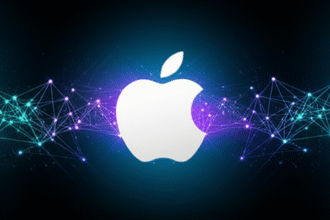As the landscape of higher education continues to evolve, institutions are embracing digital transformation to enhance learning experiences, improve operational efficiencies, and respond to the changing needs of students. This blog post explores Georgia Tech’s innovative journey in leveraging technology to revolutionize the academic environment.
Why Digital Transformation in Higher Education?
Digital transformation is critical for higher education institutions to remain competitive and relevant. With the rise of online learning platforms and the increasing demand for flexible education options, schools like Georgia Tech are at the forefront of adopting new technologies that enhance both teaching and learning.
Georgia Tech’s Approach to Innovation
Georgia Tech’s strategy encompasses various facets of technology integration, including:
- Enhanced Learning Platforms: Developing online learning platforms that provide effective and engaging experiences for students regardless of their location.
- Data Analytics: Utilizing data analytics to improve student outcomes by personalizing educational pathways and identifying at-risk students.
- Collaboration Tools: Implementing advanced collaboration tools that encourage teamwork and communication among students and faculty.
Case Studies of Successful Digital Initiatives
Georgia Tech has launched several initiatives that showcase its commitment to digital transformation:
- MOOCs: Georgia Tech was one of the first institutions to offer Massive Open Online Courses (MOOCs), significantly extending its reach and accessibility to learners globally.
- Smart Classroom Technology: Classrooms are equipped with smart technology that facilitates interactive learning experiences, making education more engaging.
- Robotics and AI Research: Ongoing innovations in robotics and AI are helping shape the future of educational tools and methodologies.
Challenges in Digital Transformation
Despite the advantages of digital transformation, challenges remain, such as:
- Resistance to change among faculty and staff.
- Ensuring data security and privacy.
- Balancing traditional educational methods with digital innovations.
The Future of Digital Transformation at Georgia Tech
As Georgia Tech continues to lead in digital transformation, the future looks promising. The commitment to research, continuous innovation, and adapting to student needs will drive the university’s next phase of growth and development.
Conclusion
Georgia Tech’s innovative journey is a remarkable example of how higher education institutions can leverage digital transformation to enhance learning experiences and operational efficiency. As technology evolves, schools must embrace these changes to provide the best possible education to their students.








